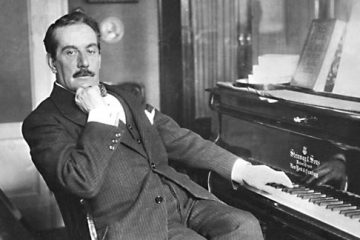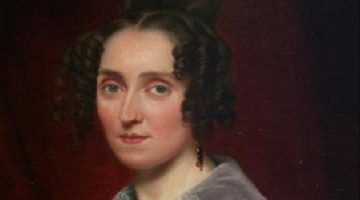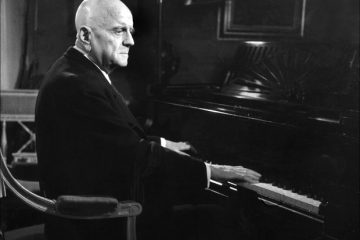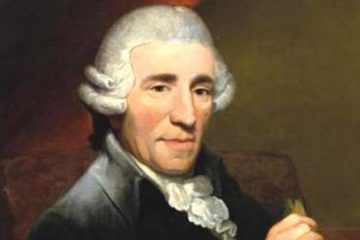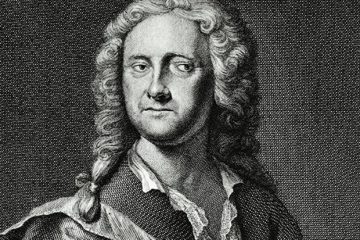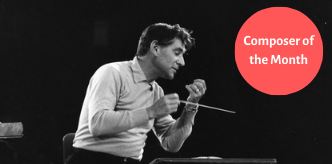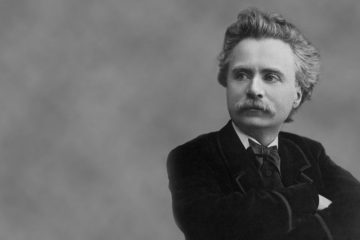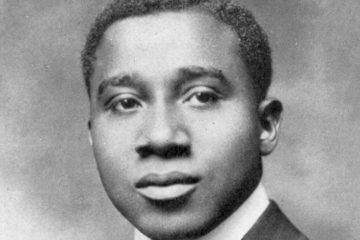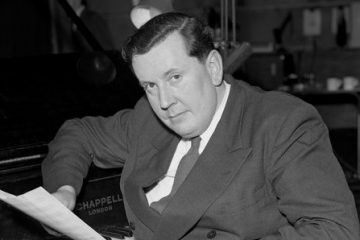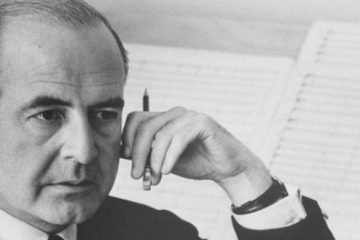Blogs
Giacomo Puccini ‘Un bel dì vedremo’: A Hopeful Romantic
Giacomo Puccini: Un bel dì vedremo Context Giacomo Puccini composed music for the opera Madama Butterfly between 1903-04. The libretto was by Luigi Illica and Giuseppe Giacosa. The premiere was held on 17th February 1904 at La Scala in Milan. The opera is based on John Luther Long’s short story Read more…
